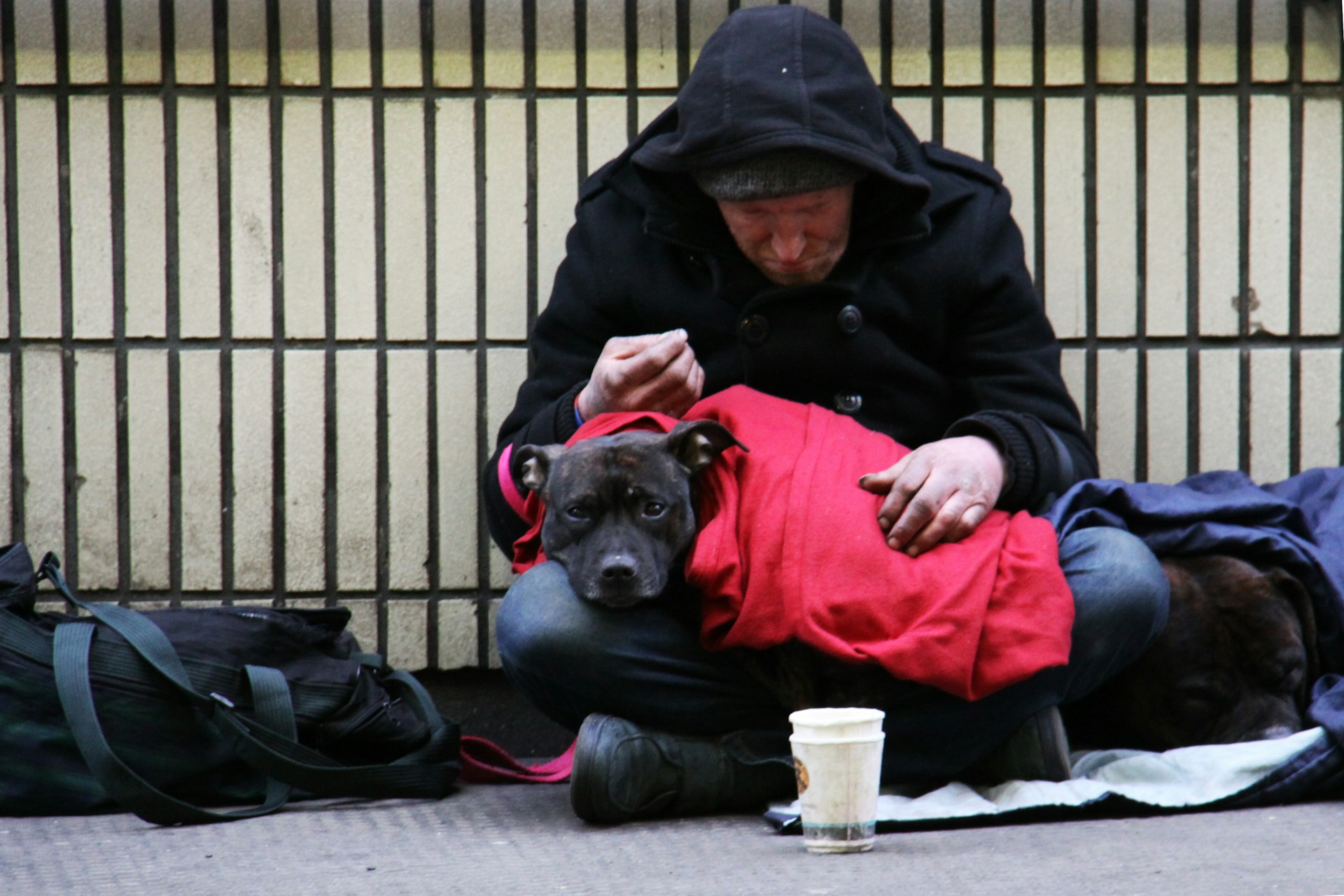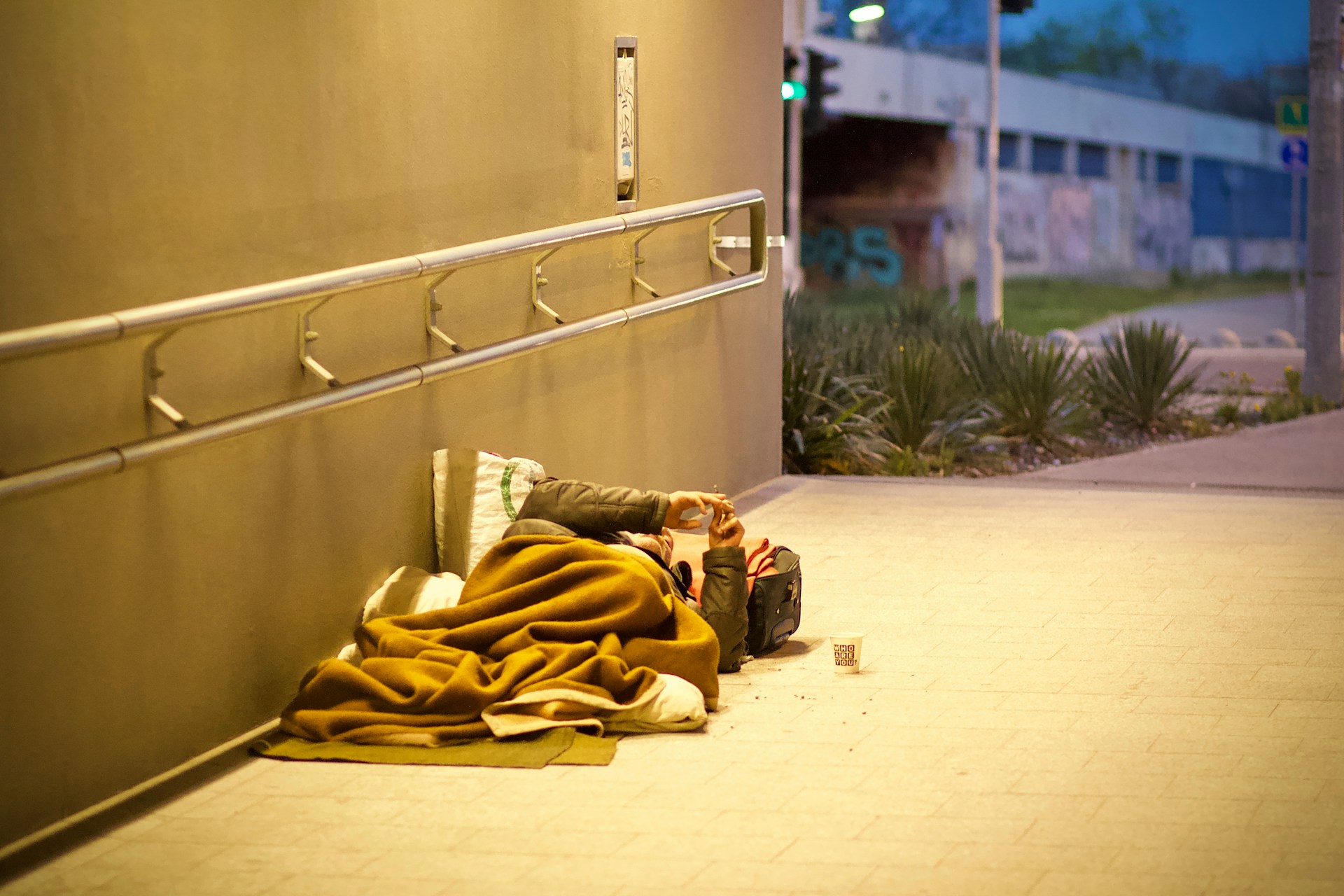Russia’s full-scale invasion of Ukraine has led to a sharp increase in the number of homeless people. Research conducted by Depaul Ukraine indicates that hundreds of thousands of people have already lost their roofs over their heads, and millions are at risk. The war has become a catalyst for the problem of homelessness, which has already existed in Ukraine, but has now reached alarming proportions.
HMH summarises the main points of the study. The full report is available here.
The impact of the war
The war has had a devastating impact on Ukraine’s housing stock. The hostilities have caused widespread destruction in many regions, and thousands of people have lost their homes to shelling and bombardment. In addition, millions of Ukrainians were forced to leave their homes and move to other regions of the country or abroad. Many internally displaced persons face the challenge of finding housing in a new location. The war has also had a negative impact on the country’s economy, leading to an increase in unemployment and a decline in incomes. As a result, people lost their ability to pay rent and ended up on the streets. The psychological consequences of the war cannot be ignored. People who have experienced traumatic events are more prone to homelessness, as it is more difficult for them to adapt to new living conditions and find work.

Read also: eOselya: high hopes and modest results — why the mortgage program is not solving Ukraine’s housing crisis
Socio-economic factors
The socio-economic factors that contribute to homelessness include low incomes. Many Ukrainians live below the poverty line and are unable to afford housing. There is also a shortage of affordable housing in Ukraine, especially in large cities. Rental prices are high, making housing unaffordable for many people. The social protection system in Ukraine is underdeveloped and does not provide adequate support to people in difficulty.

Personal problems
In addition to external factors, homelessness can be caused by personal problems, such as family conflicts, divorce and other problems in personal life. Addiction to alcohol and drugs is also a risk factor, as it is often accompanied by loss of employment, social connections and housing. Mental illness can also make social adaptation and finding housing more difficult.
Read also: Psychologists are for psychos, but I’m normal. How support groups break the stigma of psychological help
The needs of the homeless
The primary need is for permanent housing. Access to medical care, including treatment for chronic diseases and mental disorders, is also important. Homeless people also require social support in restoring their documents, finding a job, receiving social benefits and adapting to a new life. Psychological support will help them cope with trauma, stress, and other psychological issues.
However, Ukraine does not have a sufficient number of shelters and other facilities for the homeless, and existing services are typically inaccessible due to geographical distance or bureaucratic obstacles. Lack of coordination between different organisations providing services to the homeless makes it difficult to access them. Homeless people also face stigmatisation and discrimination from society, which hinders their social integration.

How to solve the problem
Comprehensive measures are needed to address the problem of homelessness. The number of shelters and other facilities for the homeless needs to be increased, and the procedure for receiving social assistance needs to be simplified. It is significant to develop homelessness prevention programmes for most-at-risk groups. One promising approach is to introduce the “Housing First” model, which provides permanent housing for homeless people as soon as possible. The long-term effects of the war need to be taken into account and long-term strategies to combat homelessness, including increased investment in social housing, need to be developed. Addressing homelessness requires joint efforts by the state, civil society and international organisations. A national plan to combat homelessness should be developed and NGOs should be involved in service delivery.
Read also: Hospital closures: how will optimization of medical facilities affect patients?



